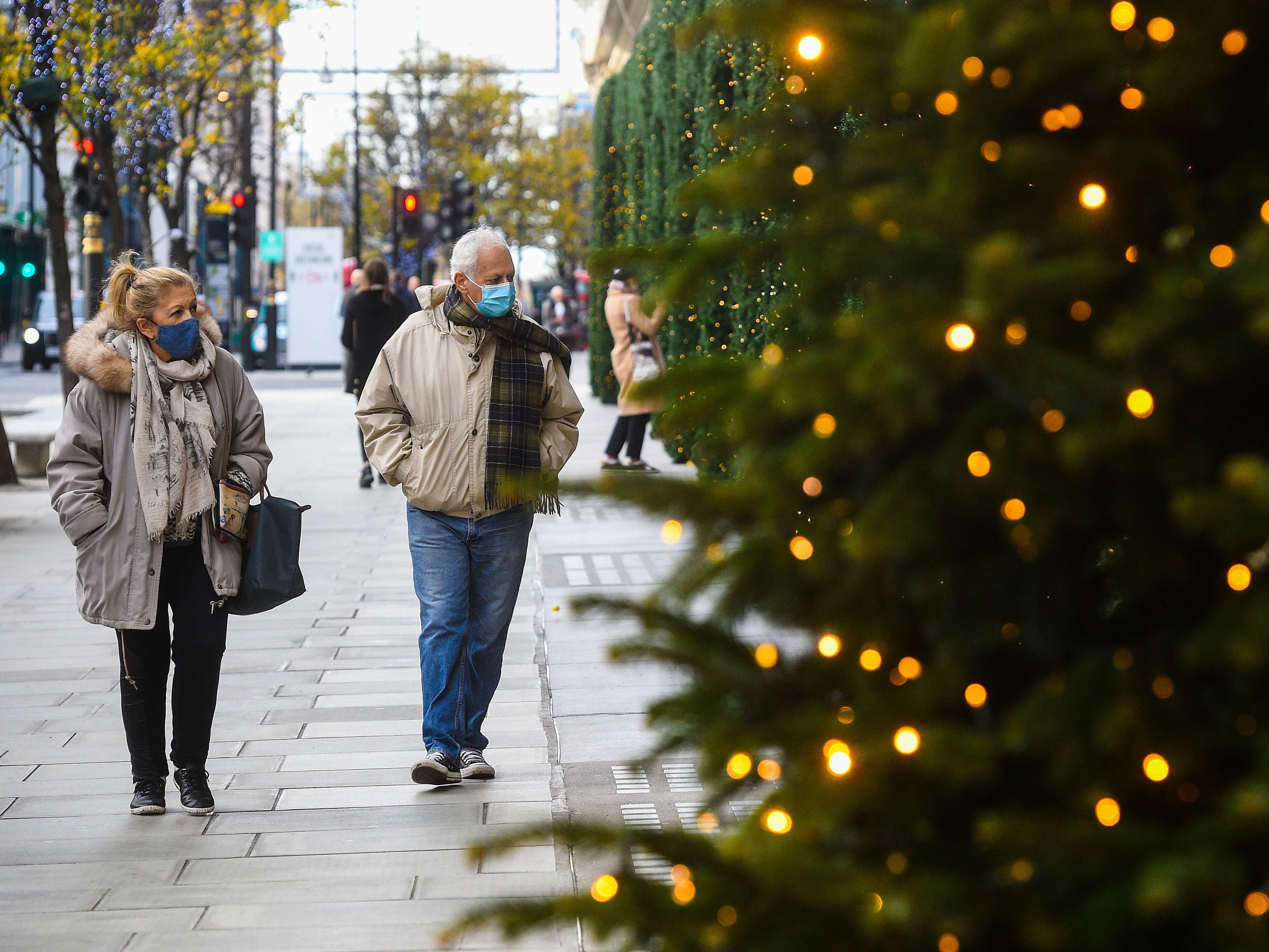Coronavirus has changed consumer behaviour, but time will tell if it’s a permanent shift
The pandemic has reversed the trend of buying services online and now we are buying goods for our homes instead, writes Hamish McRae. But could this Black Friday turn out to be a bit of a last hurrah?


Are consumers different this year? It is Thanksgiving on Thursday for Americans and then Black Friday for just about the whole world. Thanksgiving looks more muted than usual, at least that’s what the US authorities hope given the health emergency. But Black Friday may be bigger than ever. Why?
Black Friday and its sibling Cyber Monday are about buying goods. But goods account for only about half of consumption in most developed countries. The rest is on services. For the past half century at least there has been a gradual shift from buying goods to buying services. This is in part a reaction to how goods have become cheaper relative to services. Think of the way a TV set has become cheaper in real terms but a coffee in a Starbucks or a Costa has become more expensive. It is also a reaction to a wider social change, for people with relatively small living space don’t want to fill it with more stuff, but do want to go out and have a good time.
But the pandemic has changed everything. Spending on goods, particularly electronic kit for home offices, has soared and we have not been able to spend money in restaurants or travel. Retail sales in the UK were up nearly 6 per cent year-on-year in October, despite the fact that many people are worried about their jobs. However, the early signs for November don’t look so encouraging and the latest CBI survey is cautious about Christmas. So let’s see what Black Friday brings.
The general rule when there is an economic shock is that it reinforces an existing trend – it speeds up what was already happening. However, when the shock runs counter to a trend, its impact is reversed quite quickly. The best example of the first is the shift to online retailing. The UK was increasing the proportion of goods bought online by about one percentage point a year. It had reached 21 per cent by December last year. Then it shot up to 33 per cent in May, then it fell back a bit and now seems to have settled at 28 per cent in October.
But the shift from buying services back to buying goods reverses the existing trend. So when we are allowed to go out to pubs and get on flights again, maybe we will revert to our old habits. Could this Black Friday turn out to be a bit of a last hurrah? I think not for three reasons.
First, the world still has to get through to Easter, when the vaccines will have been widely distributed, and even then, it will take more time to get back to normal. Ryanair reckons it will be next autumn before it is operating a full flight schedule.
Second, some of our changed habits will stick. There is a huge debate going on about the need to get people to return to the office vis-a-vis the savings of time from not having to commute. We don’t know the way the balance between home and office working will settle and it is one of those issues where opinions are less useful than outcomes. My guess is that we will find we need offices more than most people realise, because they are efficient ways of getting stuff done and you can’t train people or build an esprit de corps by Zoom. But that is just a guess, and some of the work will continue to be done remotely. So we will need to keep upgrading the equipment we use at home, and spending money on homes to make them nicer places to be. The home extension boom will run and run and bigger homes will be filled with more goods – and hopefully better quality ones too.
That leads to a third point. There seems to be a shift in taste towards quality over quantity. It is very hard to pin this down but there is anecdotal evidence that this shift has been speeded up by the pandemic. One thing has been the growth of artisanal foods. Speciality produce was already rising fast in the US last year, and just looking at the boom in high-quality local produce on sale in the UK, clearly something big seems to be happening. I suspect, though again it is too early to show in the data, that much the same is happening in clothing: the mood is turning against fast fashion and towards authenticity.
Black Friday is about shopping, not about authenticity. But retailers are speedy at picking up trends – they have to, in order to survive – so the outcome of the current mayhem may be a sustained shift upmarket. So maybe consumers this year will be different after all. They will keep buying but they will want better quality. Nothing wrong with that, is there?




Join our commenting forum
Join thought-provoking conversations, follow other Independent readers and see their replies
Comments